Events/Promos
Official Chart
Reach out

- online@channelx94.com
- Channel X94 Facebook
- (435) 781-1100
- 29 South Vernal Ave. #2 Vernal, Ut 84078
Channel X94 1.8k Listeners
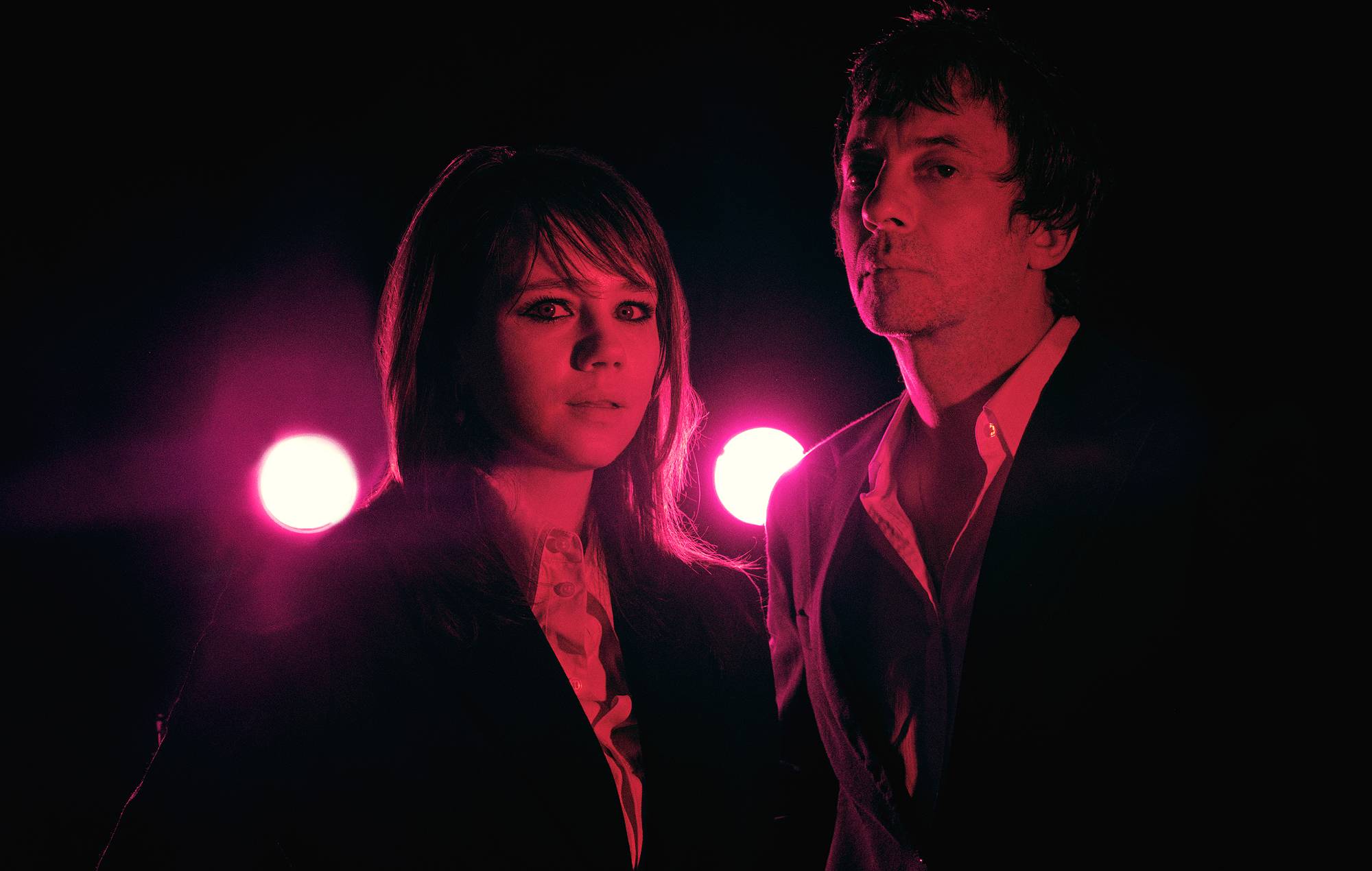
The WAEVE‘s Graham Coxon and Rose Elinor Dougall have spoken to NME about how raising a daughter together shaped not only their view of the world, but their second album ‘City Lights’.
READ MORE: Graham Coxon on the return of Blur: “We can’t leave it too long because we’re knocking on!”
The Blur guitarist and Pipettes singer’s second studio album swiftly follows the couple’s 2023 self-titled debut, and comes driven by what Dougall referred to “a bit more sleep deprivation”. It is inspired by their lives with young daughter, Eliza May – who has a song in her honour on the record.
“We felt that we’d built a bit of momentum up with the first one, and wanted to be sure that it didn’t drop off,” Dougall told NME. “It’s the hardest thing ever, when you’ve got a blank page in front of you. If you leave that to fester too long it can become a bit insurmountable. It was helpful for us – especially in the midst of having a new baby – to not completely lose sight of that side of ourselves.
“Graham is great at keeping that motion happening, and initiating the beginnings of what would be the next record. It just sort of formed on its own steam.”
Check out our full interview below, where the duo tell us about juggling their band with family life and being on the road with Blur, the state of the world, and the nerves that came with supporting former Britpop rival Noel Gallagher.
NME: Hello Graham and Rose. Your first album saw you getting to know each other musically and in songwriting terms. How did the chemistry shift with these songs? Did you have to reach as much or was it more of a muscle memory this time?
Rose Elinor Dougall: “A bit of both, really. Of course there was quite a bit of change between the first record and the second one. The context of our relationship had developed a huge amount in that time, and we’d also had a kid. That’s a huge life event and you find out a lot about yourselves and each other through that.
“We’d already developed of what The WAEVE was, in terms of its identity – but we hadn’t boxed ourselves in too rigidly. We had a great place to start from. Second records can often be a really tricky business, but we were lucky in that the first left a lot of open ends for us to pick up on. We could still maintain that exploratory attitude of the first time around, but perhaps with a bit less tentativeness and politeness. You can hear that in the music: there’s a bolder and more confident attitude in some of the songs.”
Graham Coxon: “We talked a couple of times about what we might like to do, what might have been challenging about performing the first album live, and not wanting to make the same mistakes. We wanted to keep it simple, but we may have made it even more complicated! It’s fun to take a song as far as it can go. Often that’s into huge places with string sections and all the rest of it. It just happens.”
Rose Elinor Dougall and Graham Coxon of The WAEVE perform at Latitude Festival 2024 (Photo by Robin Little/Redferns)
Did the sleep deprivation play into the more paranoid and aggressive parts of the record?
D: “Maybe!”
C: “There was definitely some 2am-5am lyric writing, and some chord progressions written very early in the morning. The more grumpy lyrics were written between feverish dreams and nightmares when you wake up; grab the iPhone and tap a few words in.”
The last time we spoke, you said that the first album was combination of your Talk Talk-esque influences with “the blood, guts, sex and nastiness of English folk music”. This one seems to have more a proggy, spacey, Bowie feel to it. How would you describe the universe of ‘The City’?
C: “It’s less obviously about the countryside or the coast. It’s not so pastoral, but it does dip into those places at times. It’s more about taking us to the places where we can be absolutely obliterated, nearly managing to get obliterated, and then somehow by the end of the album, managing to get home.”
D: “It has a different sort of urgency to the first one. When you’ve first had a baby, you get stuck in this insular, domestic, homebound life. Some of the songs are about trying to look outside into the world from those four walls and having that frustration at still wanting to be part of the world – then reconciling your past life with where you are now. It’s definitely got more of an edge and a tension to it.”
Bringing life into the world and wanting to protect that life must change the way you view this bin fire that surrounds us?
D: “It’s impossible not to. You become more alive to the horrors of the world when you bring into it a beautiful little being that you have to protect at all costs. When you have this little emblem of hopefulness sat on your lap, then you look at the news with all the death and destruction, it just hits you in a different way. That’s informed my lyrics on this record in a big way.”
C: “With any excursions we had out of this house, I really felt the menace of the outside world. That crept into a lot of what I was doing.”
You’ve said that ‘You Saw’ was about how your own tiny decisions can have a seismic impact on someone else’s life. Do you feel like more now?
D: “Definitely. That’s a reflection on reconciling your past with your present and the journey from then to now. It’s still a miracle that this project and this life that we share has happened at all – because it was all triggered by this one tiny show that we decided to do [in 2004 at Islington’s the Buffalo Bar]. Had either of us decided not to do it, then none of this would have existed.
“Sometimes, the fragility of how things come into being can be a bit frightening. So easily, these things might not have happened. It’s hard not to full like there’s some kind of higher power at play to direct the trajectory of your life.”
C: “I can’t help but think of star alignment. Something in the universe then decided to knock our heads together at some point in 2020.”
‘Song For Eliza May’ is a beautiful highlight of the record. What kind of conversations did you guys have around immortalising your daughter in a song?
D: “I’m still a little bit nervous about it. We’ve put her name out into the world and I’m obviously very protective of exposing her in any way to anybody, but I did have a big conversation with myself if that was something I wanted to share in the music we were making. It would have been impossible for me not to engage with that reality, because The WAEVE has always been an opportunity to reflect on the lives that we’re experiencing.
“It’s important to bring light to the experience of motherhood, and what it’s like to be a mother at the same time. It’s a really underrepresented thing. It had such a huge impact on the way that I perceived myself and the process of making music. Eliza is such a huge part of our lives, and I couldn’t see how I could ignore that. I hope likes it when she’s older. I can just imagine her going, ‘What is this shit?’”
Where does the darker side of the song come from?
C: “The song was born of me thinking, ‘Maybe I should get a mandolin’. I was trying to take a risk with a sound that carries a lot of baggage over from Lindisfarne. I could have gone horribly wrong, but it’s one of my favourite songs. It’s hopeful, but also represents that sense of foreboding.”
D: “I didn’t want to just write an airy-fairy, schmaltzy song about her – because I didn’t feel that was an honest representation of what it’s like to feel to become a mother. I wanted to represent the darker sides of that, because that felt like the truth to me.”
What if she goes up to love trap and Post Malone and hates The WAEVE?
D: “There’s always an inevitability that you have to reject your parents, so I’m gearing up for that! All I want is for her to find joy in music, and she already is. She knows all the words to all the nursery rhymes and is really responsive to music, so I don’t care what form that takes.”
Recent single ‘Broken Boys’ also carries that foreboding. What inspired that?
C: “They were 4am words. I don’t know what I was reaching for, apart from being a despondent old bastard! Life goes on, paranoia goes on, all of the human emotions go on – I suppose some of the more negative ones creeped in on this record. I can be an insecure, resentful creature. I just piled a load of that stuff into one horrible splurge. It’s got a cheap and sleazy sound to recreate a fearful, industrial space.”
D: “Sonically, it’s one of the more earthy songs on the record. Graham’s harder, full-bodied, edgy, aggressive side wasn’t really represented on the first album. It’s just really fun to play.”
Did the Blur reunion album [‘The Ballad Of Darren‘] and stadium shows inform this album in any way, or was that more a matter of exorcising that side of you and sense of scale?
C: “That was all going on in tandem. After the build-up to Wembley, I was locking myself in my hotel room and doing what I had to do, which was commune spiritually with home and The WAEVE record. I didn’t want my brain to be completely taken away from it. I wanted to be present. It didn’t make a lot of difference.”
D: “He was just a bit more knackered!”
And how did your gig supporting Noel Gallagher go? Was there good banter backstage? Were the fans forgiving?
D: “Graham was a little bit nervous about how it was all going to go down, but it was actually really great!”
C: “I’ve supported Noel Gallagher before with my solo band many years ago. This was all in beautiful grounds on a beautiful day and everyone was really nice to us. [Fellow support act] Johnny Marr gave us a lot of time to talk to us and we caught up with Noel too. Noel was shocked to learn that I’m actually a Derby County fan, so we had to have a photo together in front of the Manchester City flag!
“We had a nice chat, but we always do. We’ve never had any harsh words. The show was a great experience, and it’s good for me to have that expectation that we’re going to get stuff thrown at us! People were really listening and warmed to us.”
What can we expect from the upcoming WAEVE tour?
D: “When we supported Elbow on that big arena tour, my dad said, ‘It would be really great if you had a big weird hat to wear’ because there wasn’t enough going on stage! That was the biggest critique, but we’re not planning on putting any bells and whistles on it because our band are so brilliant. We bring the music to life and that’s enough without any showbiz nonsense!”
C: “I’d quite like a cloak, though.”
Graham Coxon and Rose Elinor Dougall of The Waeve attend the BRIT Awards 2024 (Photo by Jim Dyson/Redferns)
The Waeve release their second album ‘City Lights’ on September 20. To The End and Blur: Live At Wembley Stadium are in cinemas now.
Check out their full upcoming tour dates below, and see here for tickets and more information.
SEPTEMBER
20 – Rough Trade Liverpool
21 – Rough Trade Nottingham
23 – Rough Trade Bristol
OCTOBER
29 – Village Underground, London
The post The WAEVE on how their family life and “the horrors of the world” shaped new album ‘The City’ appeared first on NME.
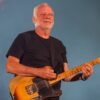


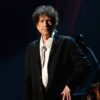
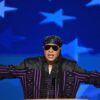
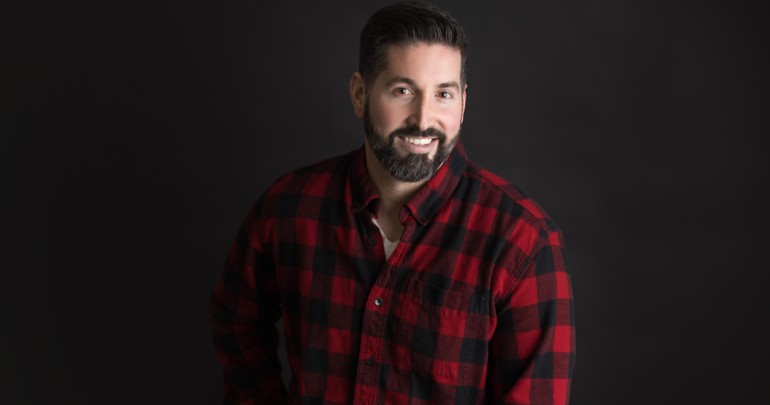
The afternoon show is a fun mix of Top 40 hits and fun show segments getting you through your work day Monday-Saturday from 2p-6p.
close
With Zack
6:00 pm - 10:00 pm

With Dave Scott
10:00 pm - 12:00 am

With Dave Scott
12:00 am - 2:00 am
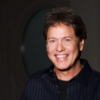
With Rick Dees
2:00 am - 6:00 am
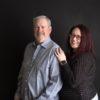
With Charlie and Annalee
6:00 am - 10:00 am

© 2024 Channel X94 | All Rights Reserved